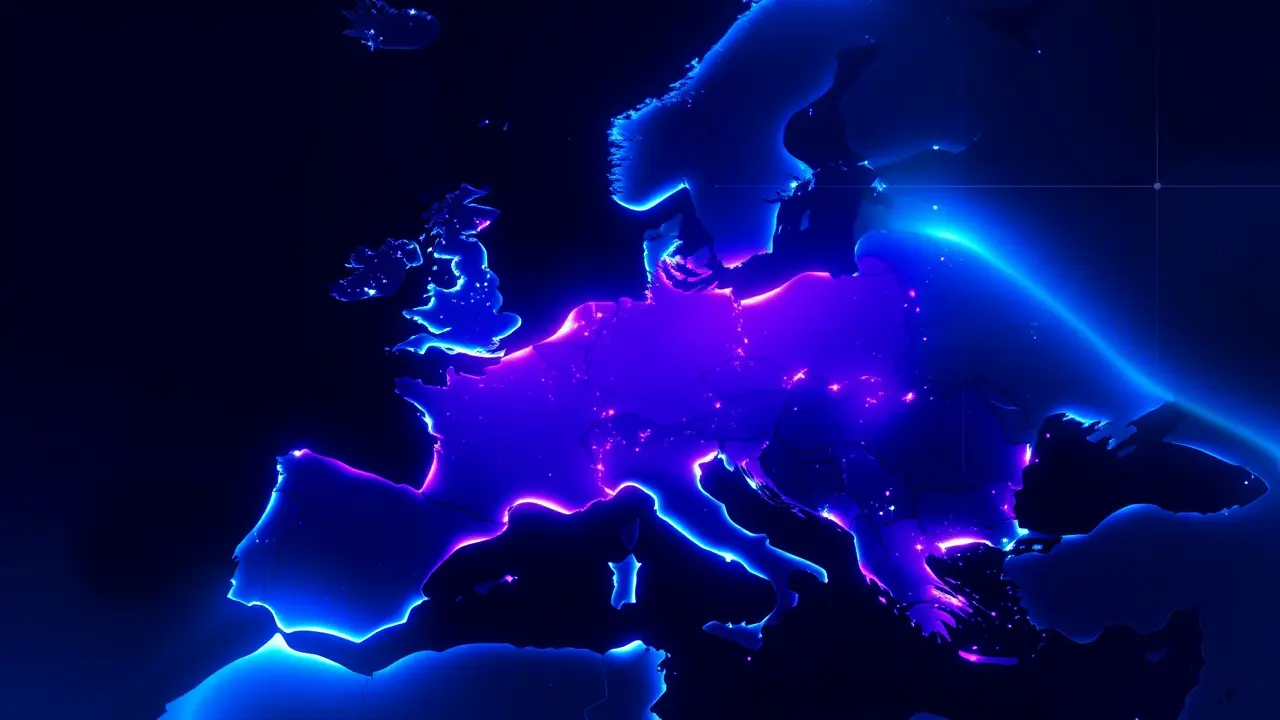EU Should Confront Trump's Reckless Leadership
The European Union now faces a diplomatic crucible of historical proportions, a moment demanding the strategic resolve of a Churchill rather than the appeasement of a Chamberlain. Confronting the specter of a second Trump administration, a prospect defined by its transactional volatility and a leadership style driven more by personal grievance than geopolitical principle, the bloc must recognize that its foundational values—the very bedrock of the post-war liberal order it helped to construct—are non-negotiable currencies.To fold to a president whose word has proven ephemeral, whose commitments can be overturned by a single social media post, would be to betray not only the European project but also the lessons of a century marked by the dangers of unchecked nationalism and the folly of trusting the whims of strongmen over the stability of institutions. The transatlantic alliance, forged in the fires of World War II and tempered by the Cold War, was always more than a mere military pact; it was a covenant of shared democratic ideals, a mutual defense of human dignity, and a common market built on rules and reciprocity.To trade away this hard-won inheritance for the fleeting promise of a favorable tariff deal or a temporary security assurance from a notoriously unreliable partner is a strategic miscalculation of the highest order. It would accomplish nothing of lasting value, instead emboldening a worldview that sees multilateralism as a weakness and alliances as protection rackets.The EU, as an economic powerhouse with a GDP that rivals and often surpasses that of the United States, possesses the collective leverage, the regulatory power, and the diplomatic heft to stand firm. It must now prepare a coherent, unified strategy of principled realism: deepening strategic autonomy in defense through a more integrated and capable European pillar within NATO, forming resilient supply chains independent of American political cycles, and building coalitions of like-minded democracies from the Indo-Pacific to the Global South to uphold a rules-based international system.The path of least resistance—accommodating reckless leadership in the hope of avoiding conflict—is a dangerous illusion, one that history has repeatedly shown only invites greater demands and deeper concessions. The challenge for Brussels is not merely to manage a difficult partner, but to defend a vision of the world where power is checked by law, where agreements are binding, and where the sovereignty of nations is respected not as a favor granted by a more powerful state, but as an inherent right. To fail in this task would be to cede the future to a world of pure power politics, a world for which the European idea was conceived as the definitive antidote.
DI
DigitalSkeptic4 hours ago
funny how we're all just algorithms trying to predict other algorithms now we're building diplomatic ones to counter the chaos of a human one smh
0
© 2025 Outpoll Service LTD. All rights reserved.
